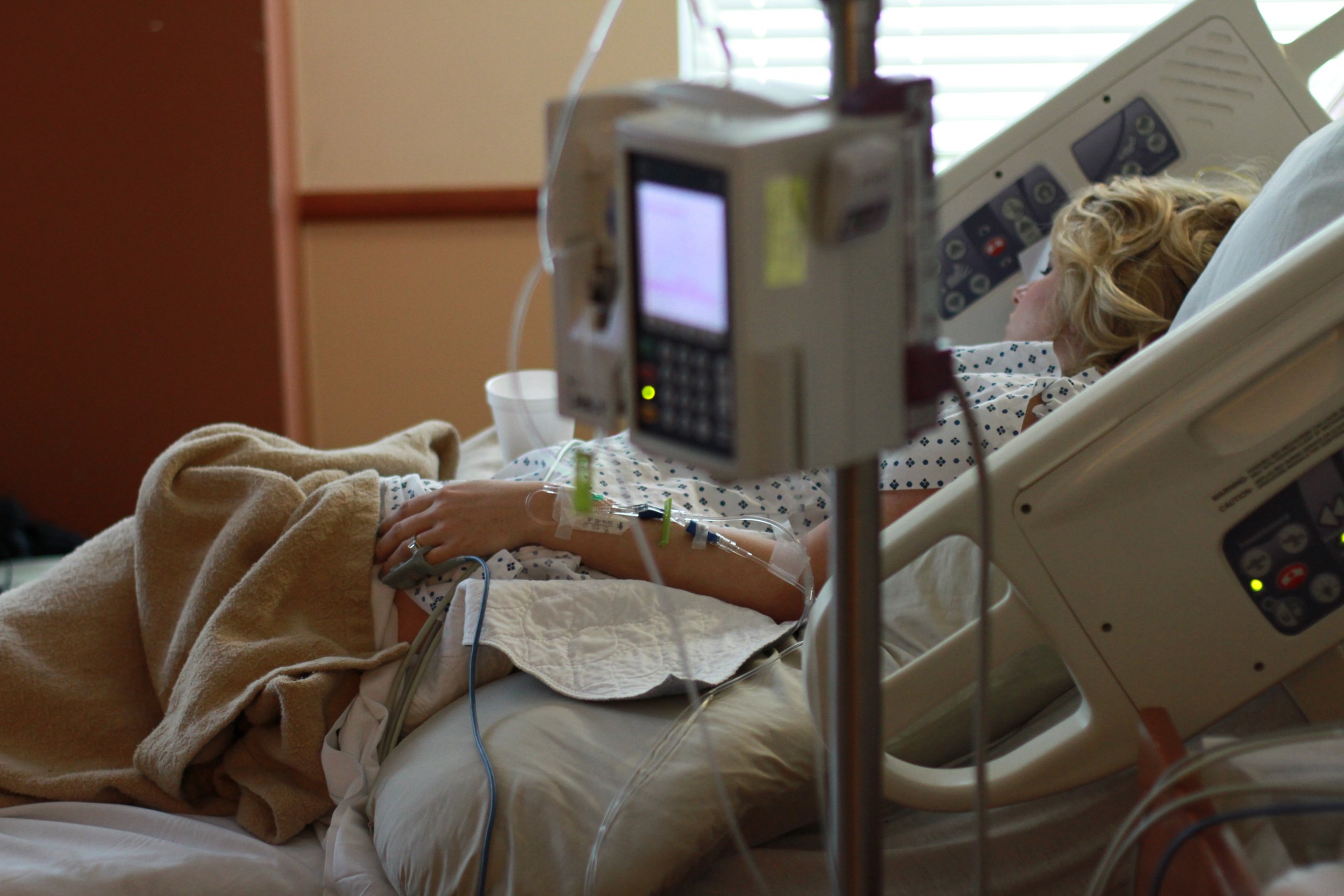
This year, we’re entering the era of 5G. We’re about to witness a profound paradigm shift that will affect nearly every technology under the sun. But perhaps no other field will benefit more than healthcare.
Due to a stringent regulatory environment and strongly embedded legacy systems, healthcare is known to be a straggler when it comes to adopting and implementing new technologies. But over the past few years, the positive results of innovation on the medical sector have been undeniable.
And 5G will only continue this trend by opening up opportunities for significant improvement in both patient care and operational efficiencies. Let’s take a look at the future of healthcare with 5G.
Making Preventive Care More Personalized
Healthcare isn’t restricted to only finding better treatment solutions; preventative practices that preclude treatment are also a top priority for all medical stakeholders. With 5G, personalized, self-directed care will become more viable than ever before. Patients will be empowered to manage their health in unprecedented ways.

We’re already able to achieve this in some capacity by combining MedTech development and wearable technology. But this really only scratches the surface of what’s possible due to 4G’s limitations. In order to support continuous monitoring, wearables need access to uniform, uninterrupted connectivity. And 5G can fulfill this need for consistent high speed.
Revolutionizing Data Speed and Management
The state of data management is also in dire need of a dose of innovation. Transmitting mountains of data makes existing networks slow to a crawl.
But it’s absolutely necessary for providers to be able to interface with patients every day. On top of this, network congestion also stifles the capabilities of the Internet of Things (IoT), a technology that revolves around pushing, pulling, and acting on data.

Luckily, 5G happens to be just what the doctor ordered. By providing a more efficient pathway for gargantuan amounts of data to be shared faster across networks, 5G can support both the demands of patient-provider interfacing and IoT development.
In a recent test, Qualcomm claims to have reached download speeds of 4.5 gigabits per second with 5G connectivity. But at first, you should temper your expectations a bit as it gets up and running; Qualcomm also said that initial median rates of 1.5 gigabits per second are more likely as 5G gets established.
Still, that’s no slowpoke when it comes to data transmittal — it’s basically 20 times faster than what 4G can offer. To put this in perspective, it usually takes six minutes to download a typical movie on 4G connectivity. With 5G, that time is reduced to 17 seconds.
But while 5G is vastly superior to 4G when it comes to speed, that’s only one of its advantages. 5G will also trim down latency to only a couple of milliseconds and should be much more reliable in data transmittal. This will open up the possibility for new, more advanced IoT applications that require rapid responsiveness to function, like remote equipment control.
Tapping into Telehealth’s True Potential
1 in 5 Americans live in rural areas. That’s 60 million people. From higher occurrences of chronic conditions, a greater chance of being uninsured or underinsured, and increased possibility of poverty, rural communities in America deal with a plethora of problems.
Around the world, the story is much the same, or worse. These challenges are one of the main catalysts behind the telemedicine market’s anticipated growth at a compound annual rate of 17% through 2023.
Soon, 5G will enable doctors to tap into more powerful remote monitoring tools that will allow them to keep in touch with patients whether they’re in Tokyo or New York City. 5G will also open up access to specialists for people who might otherwise not able to get the treatment they need.
With seamless support of high-resolution video requirements, 5G will also make telehealth appointments and consultations more effective. Medical professionals will be able to rapidly transmit massive files from equipment like MRIs and X-ray machines to other doctors so they can make more informed decisions about patient treatment plans.
But these capabilities become more astounding when you throw other emerging technologies into the mix. We already have AI that’s capable of fully diagnosing patients and recommending proper treatment plans. AI is even able to predict possible complications with outpatients so preventative measures can be put in place beforehand.
But like IoT, AI is being held back by data bottlenecks. To operate, AI often needs massive amounts of data from disparate sources to learn and improve. 4G cannot reliably support this flow of data. But 5G can.
Some Inevitable Obstacles
As with any other new technology, 5G’s integration into society won’t be seamless. While it can drastically improve the way healthcare is provided across the world, stakeholders must be strategic about how they use this technology, especially when it’s first rolled out.
In an interview with HealthTech Insider, Dr. Joseph Kvedar, Vice President of Connected Health at Partners HealthCare, explains the implications of tech failing in healthcare: “If you put in an Amazon order and it doesn’t happen, the world doesn’t stop. But if it’s your pacemaker, that’s a different matter.”
Besides concerns over care quality, cost could also be an issue. When 5G rolls out on a wide scale, old devices and parts of our network infrastructure could be rendered obsolete. Replacing these will be expensive for providers. And unfortunately, these will need to be carried out swiftly to keep pace.
In spite of these obstacles, there’s no doubt that 5G will bring numerous improvements and benefits to healthcare. All it’s going to take is some forethought and creativity to implement it correctly.
What other benefits do you think 5G will bring to healthcare? Which ones are you most excited about? Let us know your thoughts in the comments!





